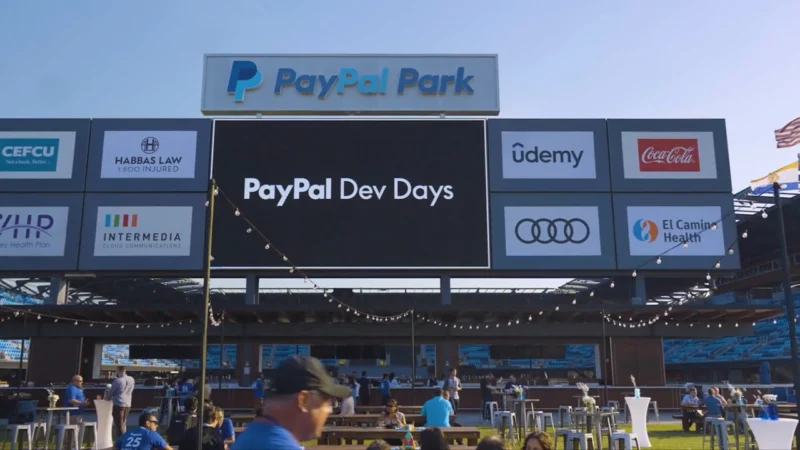AID Solutions for Optimized Control of Salt Water Disposal Pumps
Oil producers are continually looking for new ways to lessen their overall environmental impact and create a greener operation. The initial state of oil and gas extracted from the earth isn’t pure enough for distribution, and in most cases, will have to go through separation phases or must be treated with chemicals to derive the impurities. After the treatment/separation processes, there is water left over, commonly referred to as “salt water”. Depending on the extraction process, the salt water must be handled with extreme caution. Producers may choose to recycle the salt water to be reused into the well for additional oil recovery or discard it at a salt water disposal (SWD) well site.
Salt Water Disposal Well Regulations and Standards
To prevent any contamination to the surrounding environment, salt water disposal wells require unique construction specifications. Regulations for the disposal of salt water vary by region, but the Environmental Protection Agency monitors the disposal closely to ensure groundwater is not contaminated. From oil producers to OEMs of horizontal surface pumps and salt water disposal pumps, AID has fully integrated control schemes and motor solutions for SWD pumps that optimize operations and strategically reduce the operation’s environmental impact.
Organizations like the ‘The Railroad Commission of Texas’ have also developed specific rules and regulations to protect groundwater. The construction of disposal wells requires “multiple layers of cement and steel to ensure that shallow, usable quality water is not impacted.” In addition to specialty construction requirements, SWD wells “inject salt water into underground formations, sometimes over a mile in depth, into fields that are already full of naturally occurring salt water.” This requires specialty pumping equipment to pump the salt water to these depths efficiently.
The SWD well construction regulations in place reinforce the disposal well’s design, requiring three layers of casing to ensure groundwater remains safe. The first protective layer is known as the surface casing. This layer is comprised of a steel pipe encased in cement that extends from the ground surface to beneath the deepest usable groundwater layer, acting as a protective shield through which deeper drilling happens. The second protective layer is known as the production casing. Permanently cemented in place to ensure stability throughout the drilling process, this layer is comprised of a pipe placed in the wellbore and extends to the well’s total depth. The third protection layer is comprised of an injection tubing string and packer, allowing for the injected water to be pumped down through the injection tubing string and production casing. The water is pumped to perforations at the lowest portion of the well where it can permeate into the underground formation. This specific SWD well construction is critical as all three layers would have to fail for groundwater contamination to occur.
Turn-Key Pump Solutions for SWD Well Operations
AID is a leader in providing pump systems to simplify SWD well operations. Pump Master VFD Systems are among the most widely-used pump controllers in the oil industry and can be found in every major oil field in the U.S. The easy to use interface allows precision control at the touch of a button. Full SCADA capabilities can be coupled to the systems for even better control strategies. In the simplest oilfield configuration, Pump Master VFD Systems provide operators with the ability to precisely control operational speeds and flows of the disposal pumps without the use of dangerous, power-wasting resistor-based control equipment, reducing power usage, eliminating power factor penalties, and decreasing overall electrical demand charges.
AID’s products are easier to program than other competitive products. Requiring a simple, one-time setup that takes just moments to perform, the Pump Master, paired with an OptiPump MP5A controller, provides producers with a turnkey package to fully automate the Pump, Charge Pump, and Throttle Valve. The OptiPump MP5A package can keep horizontal pumping systems in curve, expelling the maximum amount of water possible while minimizing power consumption. By avoiding cavitation, the pump operates at its highest efficiency, reducing costly failures, downtime, and maintenance costs. The reliability and ease of control of AID’s systems combined with high-efficiency pump output optimize salt water handling processes.
AID strives to share its extensive knowledge for the benefit of each customer, whether to select a product, design a system, repair a piece of equipment, or simply answer a question. AID aims to find new and better products and technologies to improve producer performance and enhance its value to the customer. The unmatched reliability of AID’s Pump Master system is the perfect solution for pumping oil field produced salt water.
Call 1-800-364-0458 for more details.









